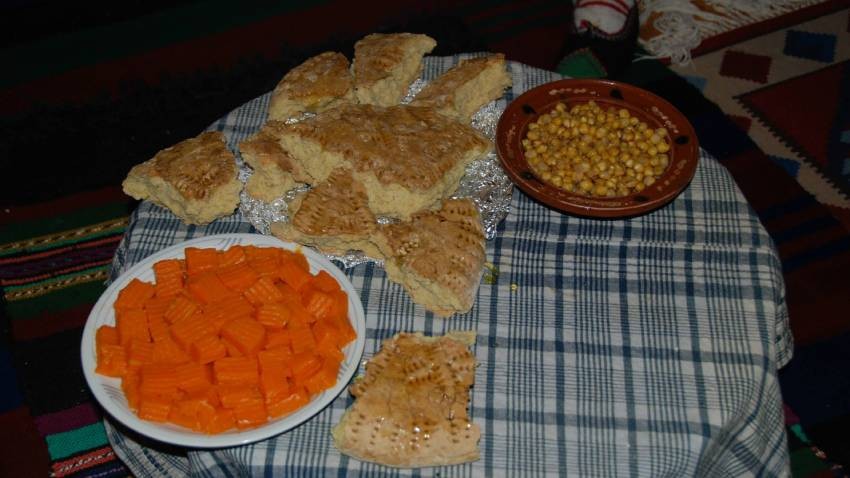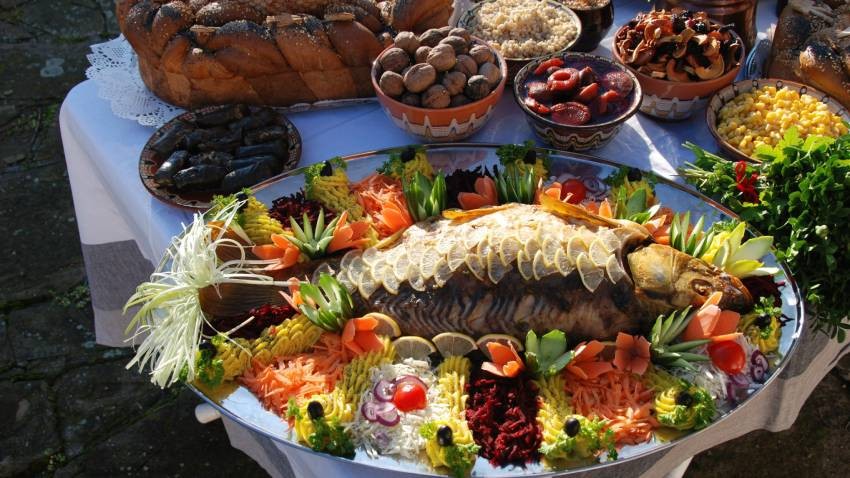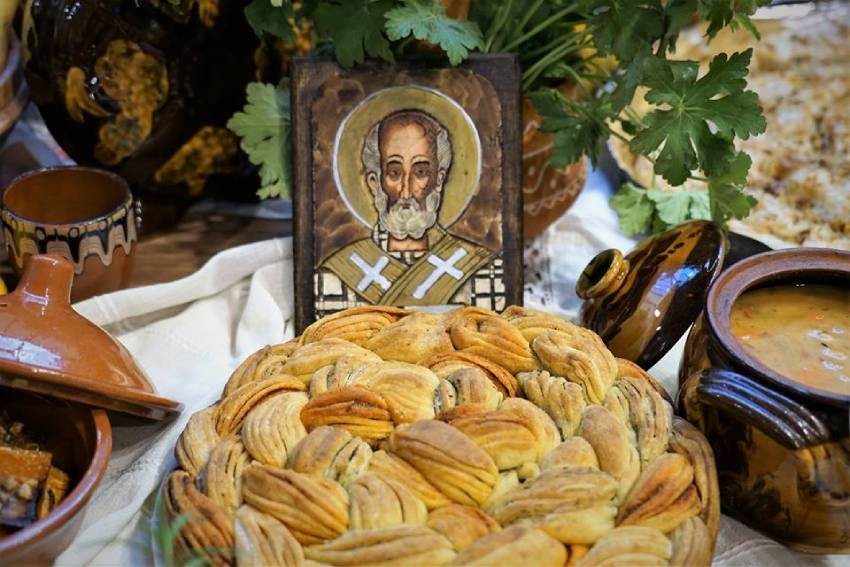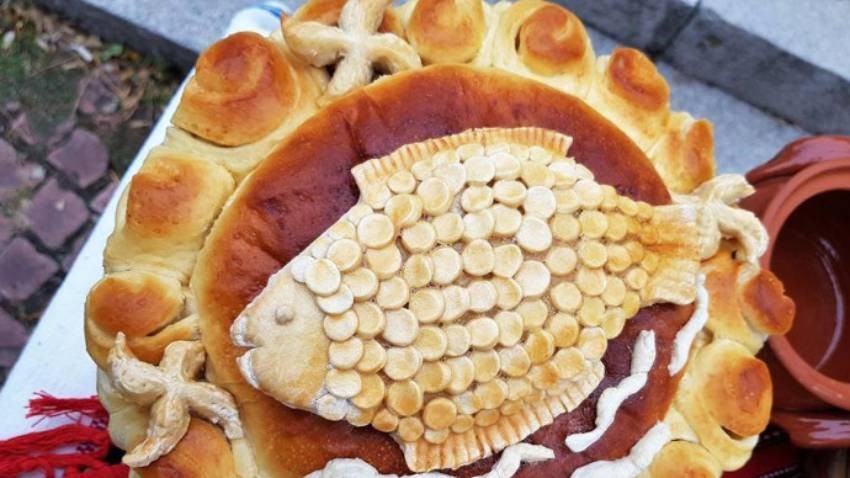December 4 is the church holiday of the Holy Great Martyr Barbara, celebrated by both Orthodoxy and Catholicism. Barbara was a girl from a noble family, beheaded for her Christian faith at the beginning of the 4th century. There is a belief that from Varvara to Ignatius the day "rises" like a needle's tip. It also "rises" from Ignacius to Vasil (from December 20 to January 1). On Varvara, day and night meet and become equal. The holiday is also called Varvaritsa, Varvarinden or Women's Christmas.
In traditional representations, Varvara is the patroness of children's diseases, and above all, smallpox, called by our people by taboo names: grandmother, aunt, sweet and honeyed. An evil, toothless and ugly grandmother - the image of the disease "paints" Varvara's portrait as well. In order to propitiate Baba Sharka (grandma Smallpox) and divert her from the children, the women prepared a ritual stew in which they put various wheat and bean seeds. They call it "varvara". Sweetened with honey, this stew is given to children, and also to neighbors and relatives. There is a belief that throughout the day the children should jump so that Varvara does not find them.




On February 2, according to the Bulgarian folk calendar, it is Petlyovden (Rooster Day) - a day dedicated to the health and fertility of male offspring. It is most widely popular in Eastern Bulgaria. One of the obligatory elements is the..
Wine will spout from two drinking fountains over the weekend in Delchevo. Perched on top of the mountain, the village located close to Gotse Delchev, has made a name for itself as a tourist attraction with its ancient architecture and the beautiful..
At the beginning of each year, The Bulgarian city of Razlog and the surrounding villages start feverish preparations for Babinden or Midwives’ Day. The holiday is dedicated to the “grannies” who helped women give birth. Every year it is celebrated on..

+359 2 9336 661
